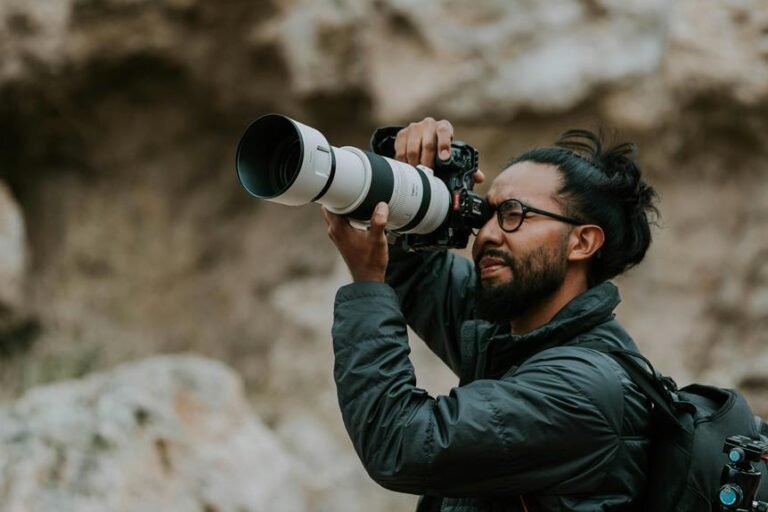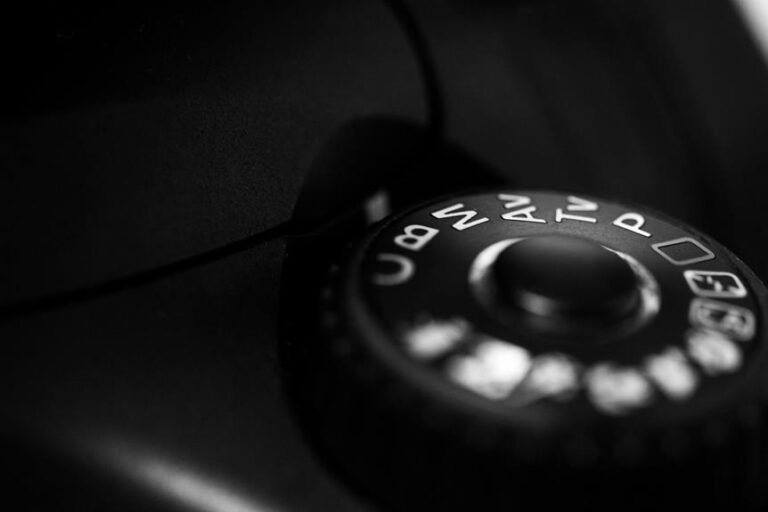Can Police Body Cameras Be Turned Off: Understanding Law Enforcement Body Camera Functionality
Police body cameras cannot be turned off by officers randomly. They come with specific controls that regulate when they activate and deactivate. These controls, often in the form of switches or buttons, mandate when the camera must be on. This is important for maintaining transparency and ensuring accurate documentation of police interactions. Understanding the functionality of these features is pivotal for comprehending the integrity and reliability of body camera recordings. Such controls play a significant role in upholding accountability within law enforcement practices. Consider the implications of this structured system to grasp the broader impact of body camera technology.
A Quick Overview
- Legal requirements dictate the specific circumstances when officers are allowed to deactivate body cameras.
- On/off controls are in place to guarantee thorough documentation of police encounters.
- Tamper-proof features are integrated to protect the authenticity of recorded videos.
- Remote activation capabilities enable the capture of crucial moments in real-time.
- Body cameras play a key role in increasing transparency, accountability, and fostering public trust in law enforcement.
Importance of Body Camera Functionality
Recognizing the significance of body camera functionality in law enforcement operations is essential for improving transparency and accountability.
Accountability measures ensure that officers comply with protocols, which helps build trust within the community.
Transparency advantages include boosting public confidence and offering irrefutable evidence in critical incidents.
These cameras act as impartial observers, assisting in resolving conflicts and safeguarding the rights of all individuals involved.
Legal Requirements for Recording
Legal requirements for recording specify the particular instances and circumstances in which police officers must activate their body cameras to ensure adherence to established protocols and regulations. These obligations ensure that interactions with the public are reliably documented, striking a balance between the necessity for transparency and respecting privacy rights.
Familiarity with these legal requirements is crucial for promoting accountability, building trust within the community, and safeguarding individuals' privacy.
On/Off Controls and Policies
Proper documentation of police interactions relies on activating and deactivating body cameras through designated controls and adhering to established policies. Body cameras are typically equipped with easy-to-use controls like a switch or button.
Policies outline when officers must activate their cameras, usually before engaging with the public. Adherence to these controls and policies is crucial for transparency and accountability in law enforcement.
Tamper-Proof Features
The proper functionality of police body cameras is further ensured by incorporating tamper-proof features that protect the integrity of recorded interactions. Security measures like encryption and audit trails are in place to prevent any tampering with the footage, ensuring its authenticity remains intact.
These features help build trust in the system, providing assurance to both officers and the public that the recorded footage is genuine and dependable. This enhances accountability and transparency in law enforcement operations.
Remote Activation Capabilities
By incorporating remote activation capabilities, police body cameras can be initiated from a distance, providing law enforcement officers with a tool to swiftly capture critical moments in real-time. This feature enhances accountability and transparency measures, ensuring that important events are documented promptly.
Security protocols are typically in place to prevent unauthorized access to the remote activation functionality, maintaining the integrity of the recorded footage.
Privacy Considerations for Recording
Consider the implications of recording on privacy when utilizing police body cameras to guarantee ethical and legal boundaries are respected. Privacy concerns arise due to the potential invasion of individuals' personal spaces during recording.
It's important to establish clear guidelines on when to activate or deactivate the cameras to address these concerns effectively. Adhering to strict recording ethics ensures that privacy rights are upheld while maintaining transparency and accountability in law enforcement practices.
Data Storage and Access Protocols
When deploying police body cameras, ensuring secure data storage and access protocols is crucial for preserving the integrity and accountability of recorded footage.
- Data protection: Employ encryption techniques to safeguard footage against unauthorized access.
- Access management: Enforce stringent permissions to ensure that only authorized individuals can access or modify recordings.
- Ongoing monitoring: Conduct regular audits to oversee data access and maintain adherence to established protocols.
Impact on Police-Community Relations
Secure data storage and access protocols are crucial for maintaining the integrity of recorded footage and are essential for enhancing police-community relations.
Transparency and accountability measures are key in building trust within the community, fostering positive interactions between law enforcement and the public.
Frequently Asked Questions
Can Body Cameras Record Audio Without Video?
Yes, body cameras can record audio without video based on recording limitations. This feature raises privacy concerns as conversations may be captured without visual context. Understanding these functionalities is important for ensuring balanced accountability and respecting individual rights.
Are Body Camera Recordings Admissible in Court?
In court, body camera recordings face scrutiny for admissibility due to privacy concerns. You must guarantee proper handling to uphold legal standards and protect personal rights. Understanding these complexities is pivotal for a fair judicial process.
Is It Possible for Officers to Delete Footage?
You need to know that officers should not delete footage from body cameras. Doing so can compromise data integrity and raise privacy concerns. It's essential for accountability and transparency that all recorded material is preserved.
Do Body Cameras Have GPS Tracking Capabilities?
Yes, body cameras can have GPS tracking capabilities, raising privacy concerns over officers' whereabouts. Data security must be guaranteed to prevent misuse. Accountability and transparency in handling location data are essential for maintaining public trust and safeguarding civil liberties.
How Long Are Body Camera Recordings Stored For?
Your question examines important aspects of body camera usage. Retention policies dictate how long recordings are stored, exploring transparency with privacy concerns. Understanding these protocols guarantees accountability and safeguards both law enforcement practices and individual rights.




